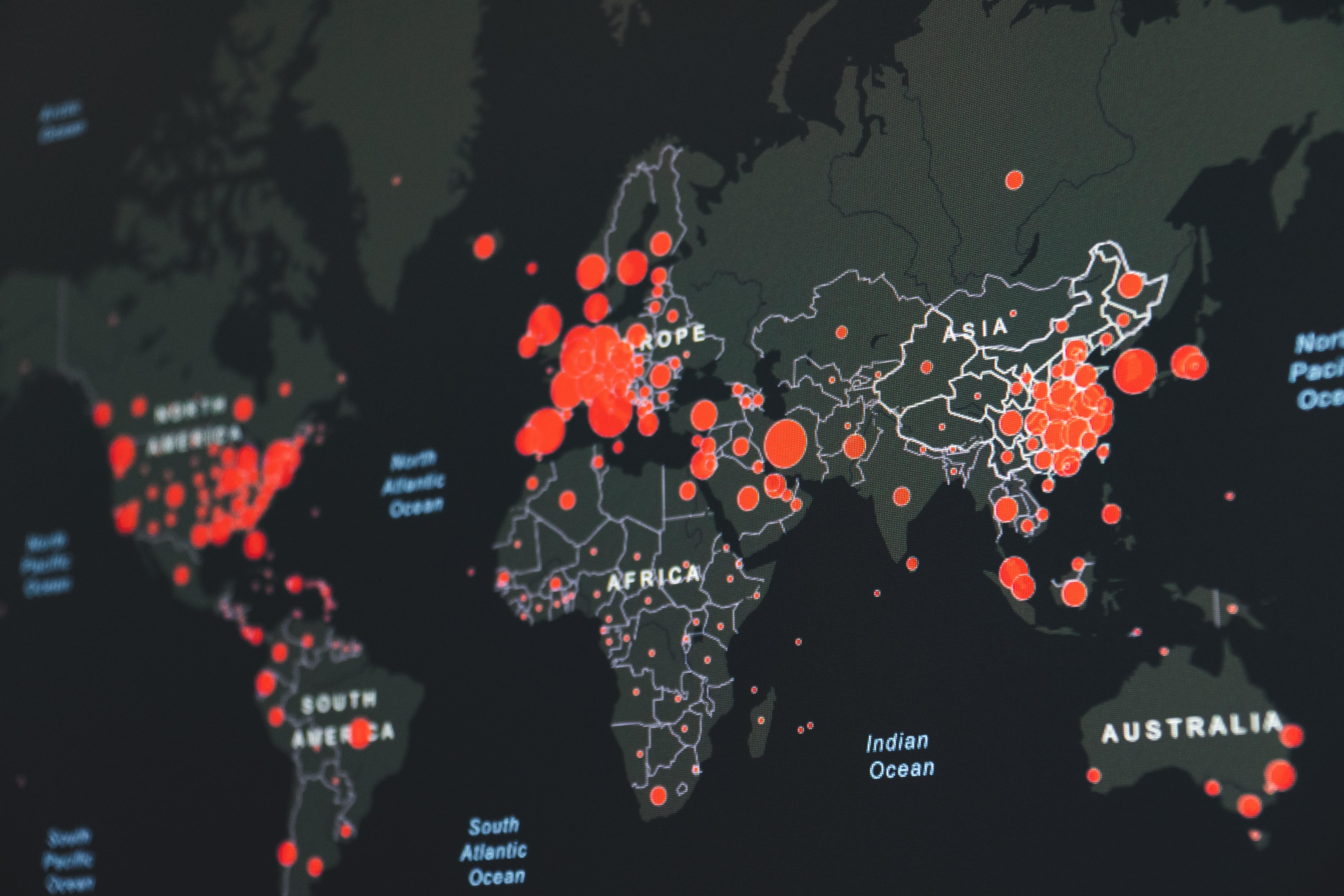The health pandemic is testing the resilience of countries and communities throughout the world. As the coronavirus continues its spread across the globe, there is uncertainty about how the crisis will develop, and governments are reviewing all tools at their disposal, including amending regulations on a temporary basis to ensure citizens are able to access the services they need.
At Access Partnership we have long been advocates for Fair Tech, and in this uncertain time Fair Tech means that both governments and industry have a duty to step up and demonstrate that communities can count on them when misfortune hits.
Access Partnership Expertise
We recently published a regularly updated report showcasing the actions taken by some leading technology companies to help alleviate the impact of the pandemic. Our team also tracks measures taken by governments and regulators to help ease the damaging impact of the pandemic. Our intelligence allows us to advise industry stakeholders during this critical time on how to engage with governments to maximise the support they can provide.
This intelligence has already helped clients obtain regulatory forbearance for provision of their services to address the crisis. We’ve also helped identify where employees of clients can move safely and where they are designated as essential workers and advised companies on whether they qualify for government stimulus packages in any of the countries where they operate.
We expect that where a compelling solution to the problems created or exacerbated by the crisis can be identified governments will be willing to waive regulatory requirements, although this will be strictly on a case-by-case basis.
What are governments doing to relieve the crisis?
In the following weeks, we will showcase some of the government regulatory responses to the pandemic, updating this list on a regular basis:
South Africa’s communications regulator, ICASA, has released emergency spectrum to meet the spike in broadband services demand due to COVID-19.
In Singapore more than 3,000 written advisories were issued on the second day of elevated safe distancing measures to tackle the COVID-19 outbreak, the Ministry of the Environment and Water Resources (MEWR) said in a media release.
The US Federal Communications Commission (FCC) has granted short-term access to available mobile spectrum in coverage bands (600 MHz) and capacity bands (1.7 -2.2 GHz) to provide additional mobile broadband capacity.
Irish communications regulator, ComReg, has decided to temporarily release additional spectrum rights of use in the 700 MHz Duplex and 2.6 GHz bands; and to make the 2.1 GHz Band available on a liberalised basis (which will allow operators to add additional capacity for data services.)
In Latin America, Chile announced a second economic package to face the coronavirus pandemic. The new measures complement the $11,750 million stimulus program (equivalent to 4.7% of the Chilean GDP) announced two weeks ago. The plan includes the creation of a $2 billion-fund, aimed at benefiting nearly 2.6 million informal workers without access to unemployment insurance and the establishment of a line of credit with a state guarantee available for micro, small and medium-sized companies.
The Mexican financial authorities agreed to apply looser liquidity rules on banks to help them weather the financial turmoil caused by the coronavirus outbreak. President López Obrador announced that Banorte, Santander and Banco Azteca will offer flexible loan conditions to small businesses that have been badly hit by the economic crisis.
In Brazil, the mayor of Rio de Janeiro, Marcelo Crivella, approved the decree (Decreto No. 47355, 8 April 2020) that recognises the State of Public Calamity in the city due to the outbreak of the coronavirus. The measure frees the city from complying with a series of deadlines and other restrictions of the Fiscal Responsibility Law. The validity of the decree is immediate after its publication.
These are just some of the initiatives we track on a daily basis. To find out more on the effect of COVID-19 to your business or obtain a tailor-made country-by-county intelligence, request a consultation.






